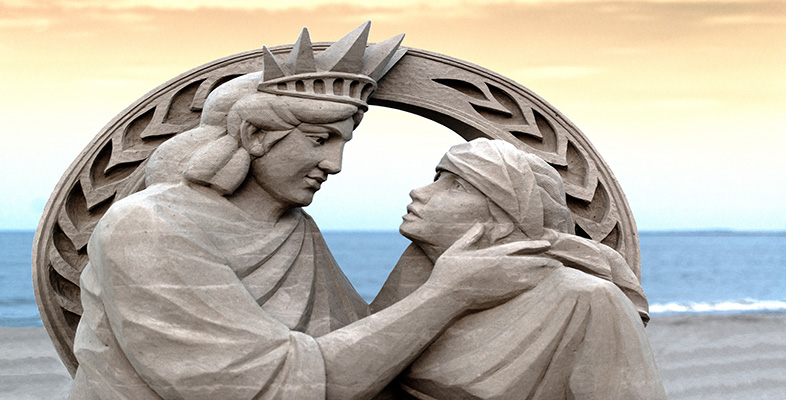Home » Course Layouts » Free Course Layout Udemy
How do judges make law? This course, Judges and the law will examine how the common law system works, the differences between 'civil code' and 'common law' systems, and the advantages and disadvantages of the common law system. The role of the judiciary in the law-making process is explored by examining the origins of common law, the system of precedent and the rules of statutory interpretation.
0
37
English
English [CC]
FREE
- Learn basic syntax that can apply to any language.
- Learn what is a programming language and the basic concepts for beginners.
- Understand what is Javascript in it's truest form.
- Know the basic syntax of Javascript.
- Know some hidden quirks in Javascript.
Description
Introduction
This course considers the way that judges make law, how the common law system works and the advantages and disadvantages of a system like the British one that relies heavily on such rules and rule making. The course will set out the basic differences between ‘civil code’ systems and ‘common law’ systems, and consider the relationship between judge-made law and statutory law. This course provides a sample of Level 1 study in Law.Course learning outcomes
After studying this course, you should be able to:- Understand what is meant by a common law system
- Demonstrate good knowledge and understanding of what is meant by the common law and how its rules are made and changed
- Discuss how a precedent can be altered or avoided
- Identify the ratio decidendi and obiter dictum of a court case
- Read and analyze legal materials (cases, statutes and academic commentary).
Course content
N.A
- 5 stars0
- 4 stars0
- 3 stars0
- 2 stars0
- 1 stars0
No Reviews found for this course.
Instructor
Open University UK
4.8
4.8
14
43384
1068
Explore Free Courses
Access valuable knowledge without any cost.
{"title":"","show_title":"0","post_type":"course","taxonomy":"course-cat","term":"engineering-skills,health-and-safety","post_ids":"","course_style":"free","featured_style":"course6","masonry":"","grid_columns":"clear4 col-md-3","column_width":"268","gutter":"30","grid_number":"4","infinite":"","pagination":"","grid_excerpt_length":"20","grid_link":"1","grid_search":"0","course_type":"","css_class":"","container_css":"","custom_css":""}










